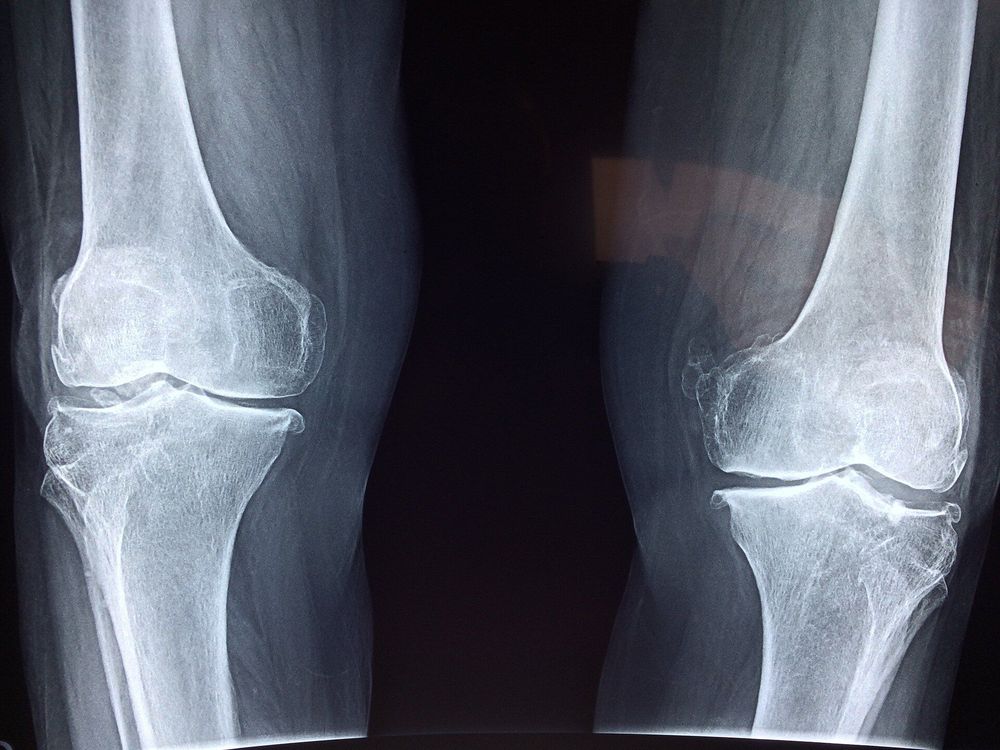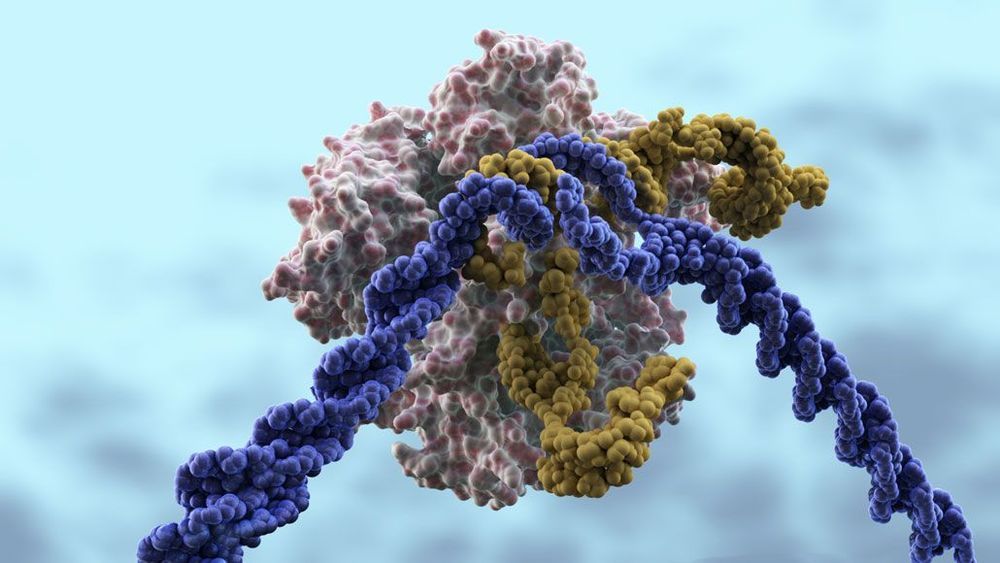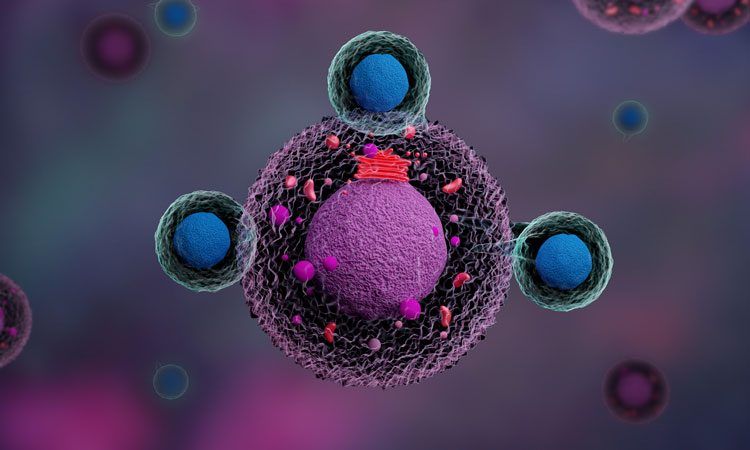Yes, the simple act of juggling has recently been linked with better brain function. A new study reveals that learning to juggle may cause certain areas of your brain to grow.
The study found that volunteers who participated in a juggling exercise improved white matter in two areas of their brains involved in visual and motor activity.
‘We have demonstrated that there are changes in the white matter of the brain — the bundles of nerve fibres that connect different parts of the brain — as a result of learning an entirely new skill,’ explains Dr Heidi Johansen-Berg of the Department of Clinical Neurology, University of Oxford, who led the work.








